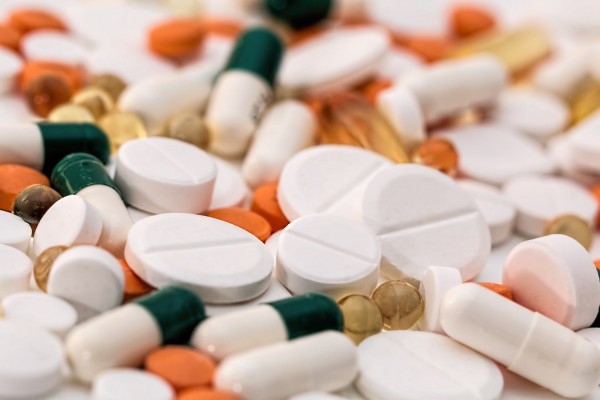Aspirin Might Be the First Over the Counter Drug to Help Fight COVID-19
The University of Maryland School of Medicine (UMSOM) conducted a study that showed that those patients taking a daily low-dose of Aspirin to protect against cardiovascular diseases had a significantly lower risk of complications and mortality compared to those who do not take them. The patients include those who have Covid-19.
According to UMSOM's Assistant Professor of Anesthesiology and study leader Jonathan Chow, MD, this is a critical finding that needs to be confirmed through a randomized clinical trial. He added that if their finding is confirmed, this will make the Aspirin the first widely available, over the counter remedy to reduce the mortality rate in COVID-19 patients.

Study shows, Aspirin may help COVID-19 positive patients
ALSO READ: Gilead's Remdesivir, Approved by FDA as COVID-19 Treatment
Dr. Greg Fonarow, MD, chief of the Division of Cardiology at the University of California Los Angeles said in an interview with the American Heart Association that very early in the pandemic, many patients hospitalized clearly showed signs of cardiac injury. He added that there is a recognition of some COVID-19 patients not hospitalized yet experiencing a cardiac injury.
According to the University of Maryland, COVID-19 infections can increase the risk of dangerous blood clots that can form in the lungs, heart, other organs, and blood vessels.
They added that doctors recommend a daily low-dose aspirin intake for patients who have previously been diagnosed with a heart attack and stroke caused by a blood clot and to prevent future blood clots.
READ ALSO: Which COVID-19 Drugs and Therapies Are Proven to Work, and Which Ones Aren't?
The researchers of the study found that aspirin's use reduced the risk of being put in a mechanical ventilator by 44%, 43% reduced risk in the Intensive Care Unit (ICU), and a 47% decrease in the risk of mortality.
Co-author of the study Michael A. Mazzeffi, MD, Associate Professor of Anesthesiology said that they believe the blood-thinning effects of aspirin provide benefits to COVID-19 patients by preventing micro clot formation.
Researchers from George Washington University School of Medicine, Northeast Georgia Health System, Walter Reed National Military Medical Center, and Wake Forest School of Medicine also participated in the study.
Executives from UMSO said that while confirmatory studies are needed to prove that aspirin use can lead to better outcomes in COVID-19, patients may want to discuss with their doctors whether it is safe for them to take the drug to manage and prevent potentially serious complications.
What is Aspirin?
According to the US Food and Drug Administration, the drug facts label on medication products will describe the aspirin used for headache, pain, swelling, or fever.
The FDA added that aspirin's daily use is not right for everyone even if it has shown its helpfulness when used daily to lower the risk of heart attacks, clot-related strokes, and other blood flow problems from patients who have cardiovascular disease. FDA emphasized that there may be serious side effects for the long-term use of aspirin if there are no signs of heart or blood vessel disease.
They also warned the citizens to get a prescription from a doctor or any medical health professional because they will be considering your status and other medications you are ingesting.
Doctors also warned the people about the increase of risk in some diseases such as major bleeding and peptic ulcer disease when aspirin is taken daily.
READ NEXT: Potential COVID-19 Vaccine from University of Oxford Could Activate One's Immune Response
Check out more news and information on COVID-19 on MD News Daily.
Oct 27, 2020 08:00 PM EDT





